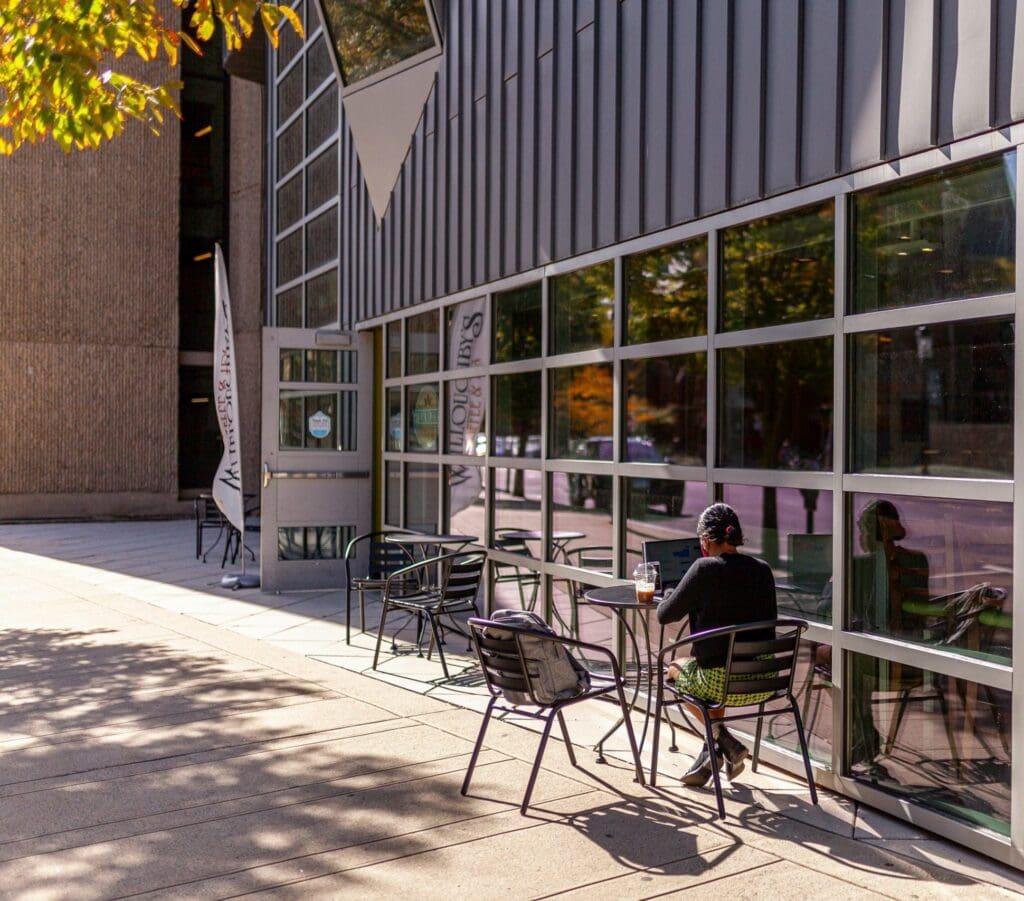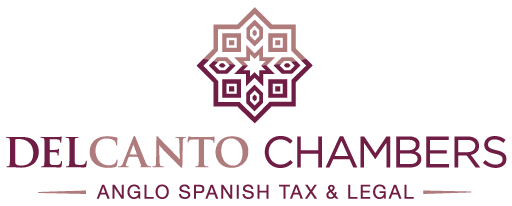Malaga, a city on the rise. Malaga is known by some as the ‘European Silicon Valley’ or ‘of the south’. The city has become a favourite destination for multinational companies and startups, especially in the technology sector. They find in Malaga all the advantages of a well-connected and well-prepared city, combined with the attraction of a sunny and quiet environment.
In addition, the quality of life, an exceptional climate, a vast historical legacy and an unstoppable projection are just some of the reasons that make Malaga a highly attractive residential option.
The weather
Living in Malaga, with its privileged climate of 300 days of sunshine a year, an average annual temperature of 23° and moderate winters, offers significant benefits for health and emotional well-being. The city, renowned for its exceptional weather conditions, has been singled out by the Copenhagen Institute for Happiness Research, which identifies Malaga residents as the most smiley people in the world. This well-being is attributed to the affable nature of its population, its favourable climate and a more leisurely lifestyle compared to other European cities.
Connected city
Malaga is currently an excellently connected city, by land, sea, and air. Malaga-Costa del Sol International Airport, also known as Pablo Ruiz Picasso Airport, is only 8 kilometres from the capital, equivalent to a journey time of approximately 25 minutes, depending on the means of transport. In addition, thanks to the high-speed train (AVE), the city is connected to more than 10 Spanish cities, including Madrid, Barcelona, Valencia, Ciudad Real and Cordoba.
Malaga also has its port, located in a natural bay, which receives cruise ships and passengers from all over the world, as well as handling containerised goods and offering commercial services.
Culture, Art and History
Malaga, with a historical legacy forged by the influence of diverse cultures, stands out for its cultural and architectural richness. Founded by the Phoenicians in the 7th century BC, the city has been shaped by Greeks, Romans, Byzantines, Visigoths, and Muslims, with historic events such as the taking of Malaga by the Catholic Monarchs in 1487.
Its emblematic monuments, such as the Alcazaba, the Cathedral, the Roman theatre, and Gibralfaro Castle, together with a wide cultural offer that includes museums such as the Picasso Museum and the Centre Pompidou, underline its cultural importance. In addition, Malaga offers remarkable natural and architectural beauty, with attractions such as the Gibralfaro viewpoints, parks, a promenade, and charming nearby villages, such as Frigiliana and Casares, recognised as among the most beautiful in Spain.
Gastronomy
Typical foods such as ‘ajoblanco’, ‘ensalada malagueña’, and ‘camperos’ -mollete sandwiches typical of the capital that gained popularity in the 1980s- are representative of the local cuisine. Camperos usually include cheese, cooked ham, lettuce, tomato, mayonnaise, and other ingredients to taste. Other examples of Malaga’s rich gastronomy are the traditional espetos and porra antequerana.
Work remotely
Malaga has been recognised as the best city in the world to work remotely, in 2023, according to the ‘Executive Nomad Index’ ranking, led by Dubai, thanks to its high quality of life. The evolution of information and communication technologies has made telecommuting highly efficient, a process that accelerated with the pandemic, culminating in what we know today as the digital nomad.
Would you like to come and visit us?
Del Canto Chambers specialists are constantly up to date with new legislative changes and aware of any Spanish tax and legal implications. Contact our Spanish legal and tax specialists to find out the best tax planning and corporate structures in your circumstances.





